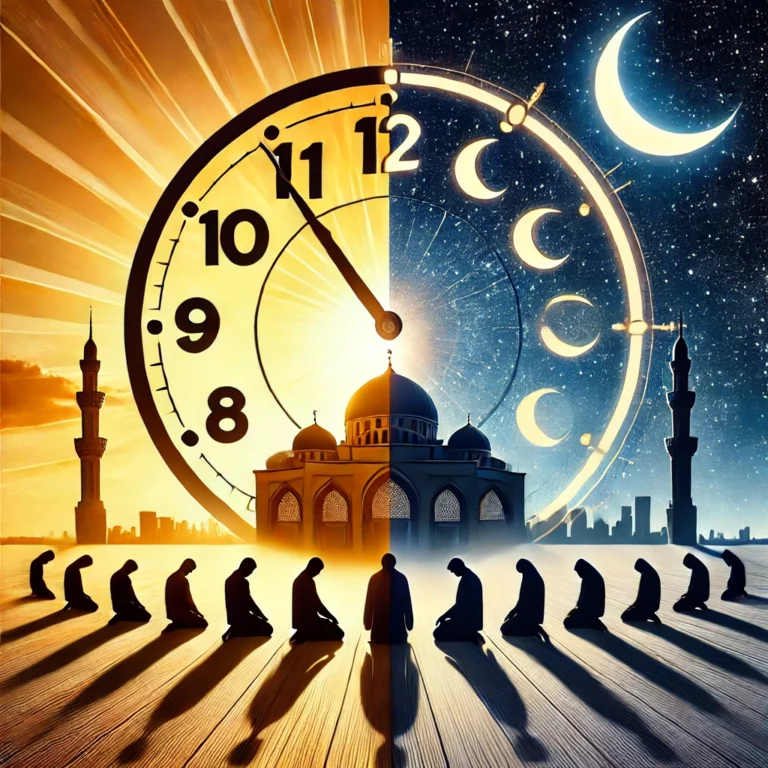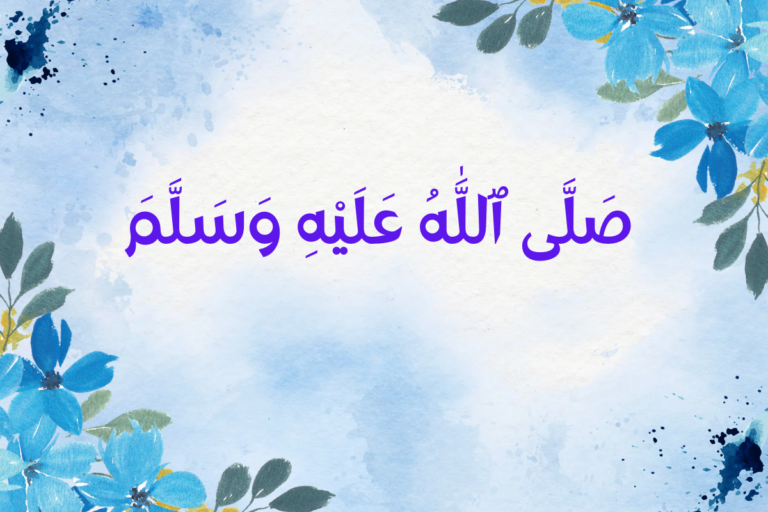Happiness & its Islamic Perspective
The Annual Misery Index 2022, also known as Hanke’s Annual Misery Index (HAMI), was released recently showing the status of different countries in terms of their happiness and misery levels. This index is calculated by summing the unemployment rate (multiplied by two), inflation, and bank-lending rates, and then subtracting the annual percentage change in real GDP per capita. Higher readings on the first three elements are considered “bad” and make people more miserable, while a higher real GDP per capita growth (“good”) is subtracted from the sum of the bad to yield a HAMI score.
In the 2023 report, Zimbabwe was ranked as the most miserable country in the world due to soaring inflation, followed by Venezuela, Syria, Lebanon, and Sudan. The high inflation rate, especially in Zimbabwe, contributed significantly to the country’s misery level. On the other hand, Switzerland was ranked as the happiest country, just edging out Kuwait and Ireland. The countries that followed in the happiest list were Japan, Malaysia, Taiwan, Niger, Thailand, Togo, and Malta.
Happiness in Islam
From an Islamic perspective, happiness and misery can be understood in a deeper and more spiritual context. In Islam, happiness is not just a temporary state of joy or delight but a lifelong process aiming primarily at bringing eternal happiness, peace of mind, tranquility of heart, and contentment in this world and the Hereafter. True happiness and contentment in Islam are the results of striking a balance between the material and spiritual aspects of life.
Contentment is a crucial aspect of happiness in Islamic teachings. It is regarded as a marker of happiness, richness, self-sufficiency, and tranquility, and it is seen as one of the acts of worship of the heart. The Prophet Muhammad (pbuh) has emphasized the significance of contentment in various ahadith.
In this context, the high misery index in some countries could be seen as a result of a lack of balance between the material and spiritual aspects of life, leading to dissatisfaction and unhappiness. On the other hand, the high happiness index in countries like Switzerland could be attributed to a more balanced approach to life, although the HAMI does not directly measure this balance.
Moreover, from the Islamic perspective, true happiness is ultimately aimed to bless the individual with a blissful life in the Hereafter. This purpose motivates Muslims to strive to become better and seek contentment in this life.
It is important to note, this is a broad interpretation and application of Islamic teachings to the process of the misery index. There are also many other factors that contribute to the happiness or misery of a country, such as political stability, social structures, cultural norms, and individual attitudes, which are not directly covered by the HAMI.






